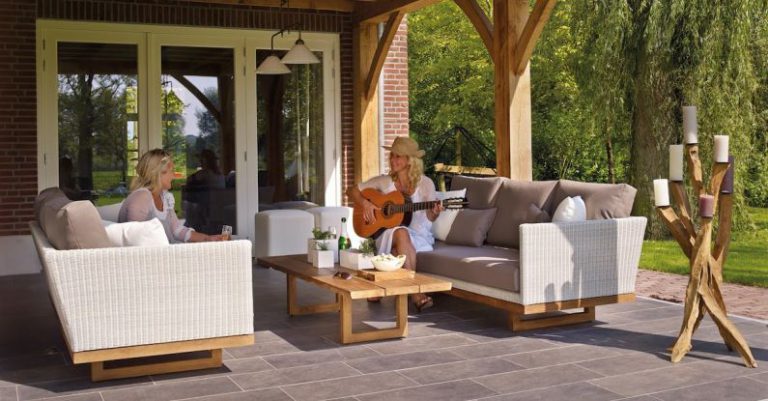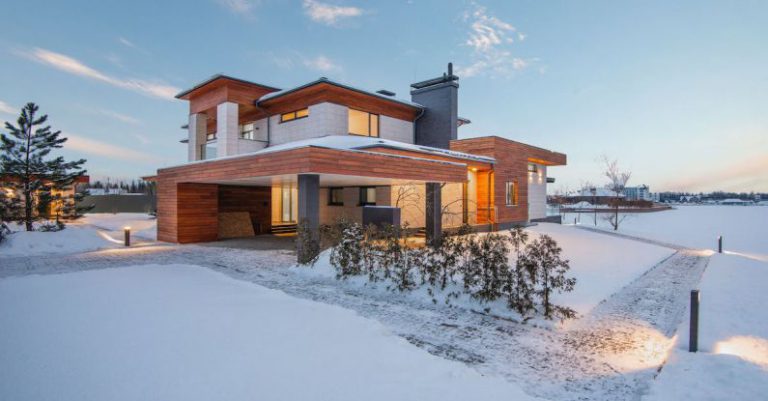What Are the Hidden Costs of Home Renovations?
Renovating a home can be an exciting and rewarding experience. It allows you to transform your living space into something that reflects your personal style and preferences. However, before you dive headfirst into a home renovation project, it is essential to consider the hidden costs that may arise along the way. These unexpected expenses can quickly add up and derail your budget if you are not prepared. In this article, we will explore some of the hidden costs of home renovations and provide tips on how to minimize them.
1. Unexpected structural issues
One common hidden cost in home renovations is the discovery of unexpected structural issues. When you start tearing down walls or replacing flooring, you may find hidden problems such as water damage, faulty wiring, or termite infestation. These issues can be costly to fix and may require the expertise of a professional. To mitigate this risk, it is crucial to conduct a thorough inspection of your home before starting any renovation project. This will help you identify potential problems and budget accordingly.
2. Permit fees and building code requirements
Another hidden cost that homeowners often overlook is the expense of obtaining permits and meeting building code requirements. Depending on the scope of your renovation, you may need to obtain permits from your local government. These permits can be expensive, and failure to obtain them can result in fines and delays. Additionally, building code requirements may necessitate changes or upgrades to your renovation plans, adding to the overall cost. It is essential to research the permit requirements and building codes in your area before embarking on a renovation project.
3. Higher material costs
While it is tempting to opt for the cheapest materials available, doing so may result in higher costs in the long run. Low-quality materials may not withstand the test of time and may require frequent repairs or replacements. Investing in high-quality materials upfront can save you money in the long term by reducing maintenance and replacement costs. Additionally, it is important to factor in the cost of delivery and disposal of materials when budgeting for your renovation project.
4. Labor costs
Labor costs are a significant expense in any home renovation project. Hiring skilled professionals such as contractors, plumbers, and electricians can quickly eat into your budget. It is crucial to obtain multiple quotes and compare prices before hiring contractors. However, be wary of choosing the cheapest option, as this may indicate subpar workmanship. It is also important to establish clear expectations and timelines with your contractors to avoid any costly delays or misunderstandings.
5. Temporary living arrangements
Depending on the scope of your renovation, you may need to make temporary living arrangements while the work is being done. This can include staying in a hotel or renting a temporary residence. The cost of temporary accommodation should be factored into your renovation budget to avoid any financial surprises. If possible, explore alternatives such as staying with family or friends to minimize costs.
In conclusion, home renovations can come with hidden costs that can quickly derail your budget if you are not prepared. By anticipating and budgeting for unexpected expenses such as structural issues, permit fees, higher material costs, labor costs, and temporary living arrangements, you can ensure that your renovation project stays on track. Remember to conduct thorough research, obtain multiple quotes, and prioritize quality over price when making decisions. With careful planning and budgeting, you can transform your home without breaking the bank.






